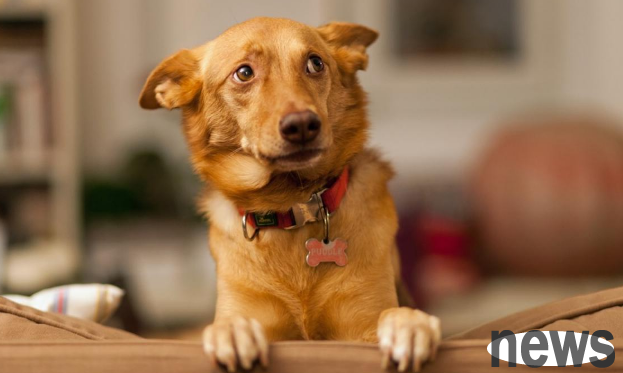In life, pets will always have diarrhea if they accidentally. How to judge whether they are diarrhea by the shape of their poop? When it looks tangible but cannot be picked up, is mud-shaped, liquid-shaped, or even bloody in the stool, it is obvious that there is a problem with the intestine. There are many reasons for pet diarrhea, common ones include viral enteritis, bacterial enteritis, parasites, poisoning, indigestion and cold catching, etc.
Diarrhea caused by parasites
Common parasites that can cause diarrhea in pets include roundworms, whipworms, hookworms, tapeworms, etc. Dogs infected with parasites will experience symptoms such as loss of appetite, vomiting, dysentery, and even blood and mucus in their stools.

Viral Enteritis
Common viral enteritis include canine distemper, canine parvovirus, coronavirus, and small DNA virus. Different viral infections can cause pets to show different signs, such as body temperature changes, diarrhea and other obvious abnormalities.
Food poisoning
When pets eat potato sprouts, poisonous mushrooms, onions, chocolate and other foods, they are prone to poisoning, which can cause diarrhea and other abnormalities.
Drug poisoning
If the pet absorbs choline drugs, digitalis, antibiotics, etc., it can also cause diarrhea. Note that not all medicines taken by humans can be given to pets. Consult a pet doctor and take medicine as prescribed by the doctor.
Indigestion, improper diet
If the dog eats too much or changes new foods, it may lead to gastrointestinal dysfunction, indigestion, and symptoms of diarrhea or vomiting. Eating spoiled food or dirty things can also cause diarrhea.
Cold
Due to sudden changes in the weather, the temperature difference between day and night, or eating raw and cold food, it may also lead to gastrointestinal peristalsis disorders in pets and cause diarrhea.
For pets, the owner should not ignore or procrastinate, and he should not use medicine by guessing. He must take it to the doctor as soon as possible.
Some suggestions for preventing pet diarrhea:
1. Do not feed spoiled, spicy, greasy, raw and cold, or alcohol-containing foods.

2. Keep pets' diet, tableware and bed clean and hygienic.
3. Do not feed food with bones, especially fine bones, to avoid damaging the gastrointestinal mucosa and causing inflammation.
4. Put all the medicines at home in a place that your pet cannot reach.
5. Regularly perform internal and external deworming and vaccination of antiviral vaccines.
6. Do not over-feed.
The causes of pet diarrhea are diverse and have great damage to its body. The owner must pay attention to it and avoid the face and cause serious consequences. For the health of the child, we must learn more and understand health care knowledge.